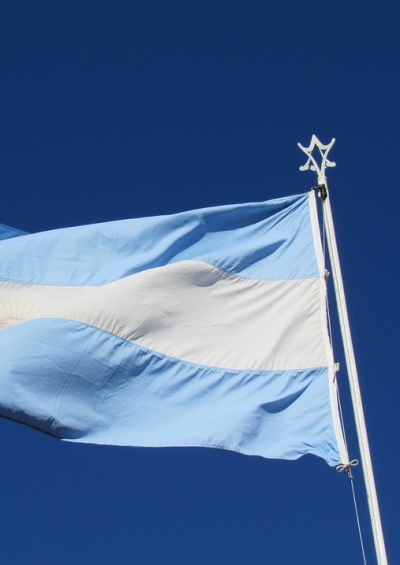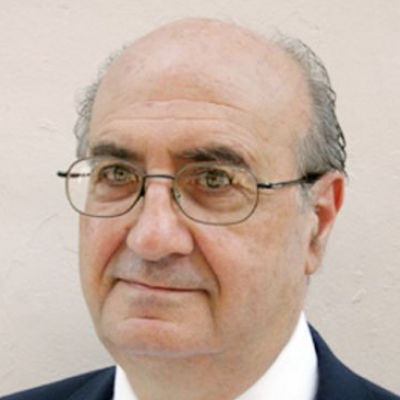Dateline Argentina: Going Home
What does a long-time New Yorker feel when he heads back to his hometown in Argentina?
July 29, 2011

Coming home to my native Tucumán, a city in the north of Argentina, has become almost a ritual for me. And, predictably, it has its bittersweet moments.
My native town and New York, the city where I have lived for the last 40 years, are quite different. Relatively small and gregarious the former, while the latter is big and anonymous.
Bitter moments are learning the loss of loved ones, whose impact is greater when living far away. The loss is compounded by a feeling of nostalgia (nostalgia is not what it used to be, as the saying goes). It happens when realizing that the city one has left is now a totally new city — a totally new and different urban landscape.
Pablo Neruda, the noted Chilean poet, poignantly expressed this feeling. Coming back to Chile, after a long stay overseas, he wrote in the poem “Return to a City” (translated by Alastair Reid):
I come back not to return;
no more do I wish to mislead myself.
It is dangerous to wander
backward, for all of a sudden
the past turns into a prison.
These unsettling feelings are balanced by seeing old friends and relatives again, and by the pleasures of the unexpected.
I travel with my wife to Salta, a town farther north. On the way we stop at Amaicha del Valle, a small town in the mountains reputed — at least by the natives — to have the best climate in the world. Remembering that a cousin whom I haven’t seen in more than 45 years lives there, I ask several people about him. Nobody knows him. I am disappointed.
We have lunch at a popular restaurant. I ask the owner, a jovial 80-year-old who I discover later is a very good poet: “Of course I know him,” he laughs. “He lives just across the street.” I cross the street and knock on the door.
My cousin and his wife come out. He doesn’t recognize me. I take my dark glasses off. He still doesn’t recognize me so I tell him who I am. Our eyes moisten, we join in a long embrace. Afterwards, we go back to the restaurant where the owner regales us with some of his wonderful poems. Life is beautiful.
We are back in my hometown. Today is a cool day in a normally torrid town. I go to the city’s main square — which looks like most town squares in Latin America, from Mexico in the North to Argentina and Chile in the South — to listen to the State Symphonic Band. The program includes music by Cole Porter, Leonard Bernstein and George Gershwin.
Although the concert is at noon, the 60 musicians in the orchestra are all formally dressed in black. Their suits are old and so are the rumbling loudspeakers that occasionally interrupt the performance. But the noises don’t bother me. I am captivated by the scene.
I am sitting near a bass player. My attention is drawn to the strange shape of his instrument. The bridge belongs to another bass and its cords (two made of steel and two of nylon) are held together by a series of knots. And it has a big hole on the side. None of this fazes the musician, who handles it lovingly, as if it were the best bass in the world.
In the meantime, a couple dances under the shadow of a big and beautiful tree, as one of them holds their dog by the leash. I see the face of a woman who reminds me of the mother of a friend, both of them now dead. I feel another pang of nostalgia for what I believe were better, happier times.
After the concert I ask the bass player how he manages to play an instrument in such bad shape. He answers that the instruments are state property and that sometimes the handlers are careless. “But I love music,” he tells me sadly, “and I have to make do with what I have.”
Takeaways
One feels nostalgic realizing that the city one has left is now a totally new city.
Tucumán's main square looks like most town squares in Latin America — from Mexico in the North to Argentina and Chile in the South.
Bitter moments are learning the loss of loved ones, whose impact is greater when living far away.
Read previous
Top Ten Globalist Features on Afghanistan
July 28, 2011
